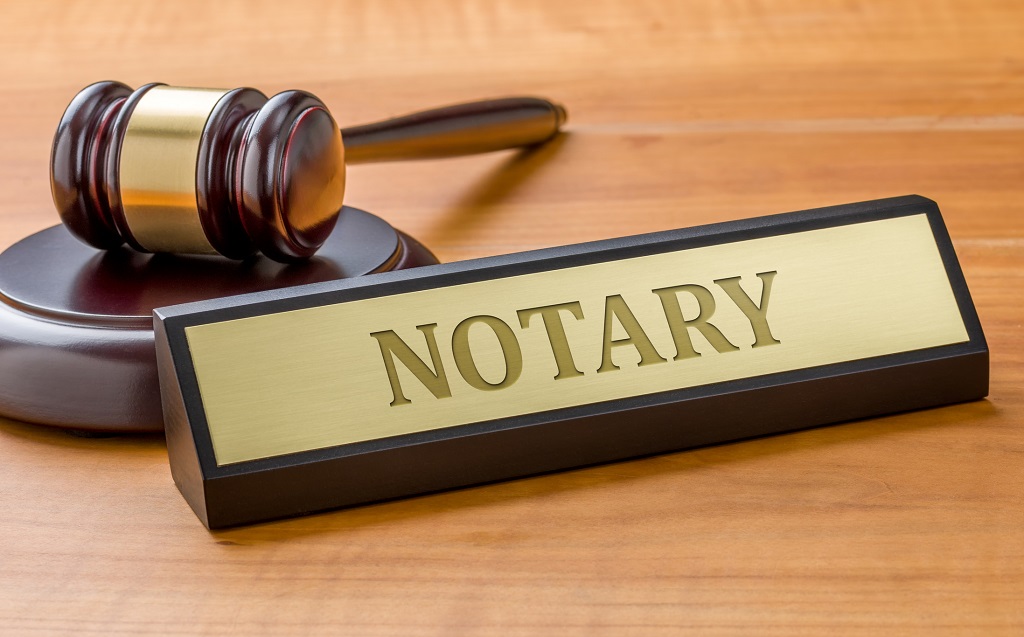Notary Public in Thailand

Notary Public in Thailand. A Notary Public plays a crucial role in verifying the legitimacy and authenticity of papers in the context of legal and business operations. As a center of global trade and business, Thailand has its own Notary Public service system, which is essential for approving and verifying a wide range of legal papers. The importance, uses, and procedure of notarization in Thailand are examined in this article.
Comprehending Thailand’s Notary Public
- Definition: In Thailand, a licensed legal practitioner with the authority to administer oaths, witness signatures, and authenticate documents is known as a Notary Public. Notaries are essential for confirming the validity of documents that are used both domestically and abroad.
- Authority and Appointment: In Thailand, notaries are appointed by the Ministry of Justice and function under the Ministry’s control. They have the power to administer oaths or affirmations, witness signatures, and certify copies of documents.
The Notary Public’s Roles in Thailand
- Seeing the Signatures: Notaries confirm the identity of the signatory by witnessing the signing of documents. For affidavits, contracts, and other legal documents, this capability is essential.
- Attesting Documents: Original document copies can have their authenticity as truthful and accurate reproductions attested to by notaries. For passports, academic transcripts, and other important documents, this is frequently necessary.
- Giving Affirmations and Oaths: Those making sworn statements are given oaths or affirmations by notaries. Affidavits, statutory declarations, and legal affirmations frequently use this.
- Foreign Notarization for Use: Documents intended for use in foreign transactions are frequently notarized by notaries in Thailand. This covers the paperwork involved in real estate transactions, business transactions, and court cases.
Thailand’s Notarization Procedure
- Drafting of Documents: Make sure that all of the paperwork is ready and examined before applying for notarization. Documents ought to be precise, comprehensive, and compliant with Thai legal requirements.
- Outward Presence: Before the Notary Public, the person requesting notarization must attend in person. This is done to confirm the person’s identity and observe document signing.
- Identity Verification: Using official identification issued by the government, the Notary Public confirms the signature’s identity. This is an essential step in preventing fraud and guaranteeing the signature’s legitimacy.
- Certificate of Notarial: A notarial certificate, attesting to the signature’s authenticity, is appended by the Notary Public once the document has been signed. The Notary’s seal, signature, and pertinent information are all included in the certificate.
- Maintaining Documents: The notarized documents are kept on file by the Notary Public. These documents can be used for verification and are retained for a predetermined amount of time.
Notarization’s Significance in International Transactions
- Recognition in International Law: Foreign authorities generally accept documents that have been notarized. This is essential for cross-border transactions, legal proceedings, and international enterprise.
- Apostille and Legalization: Getting notarized is frequently a need for further procedures, such as getting legalized or getting an Apostille for usage abroad. These extra measures guarantee the document’s validity abroad.
Conclusion
In Thailand, maintaining the integrity of legal papers and enabling easy international transactions are key responsibilities of the Notary Public. Notarization gives a widely recognized and appreciated element of credibility to legal affirmations, business agreements, and real estate transactions. For people and companies involved in cross-border transactions, it is crucial to comprehend the roles played by notarization and the procedures involved in the process. This will guarantee that their documents are legitimate and recognized globally.
Leave a Reply